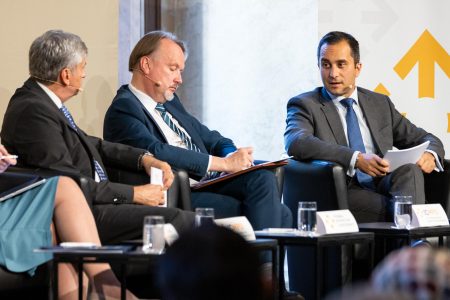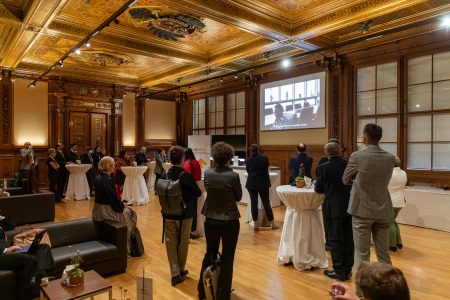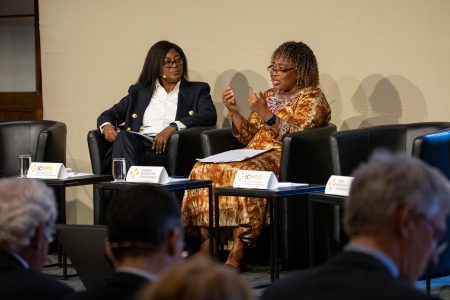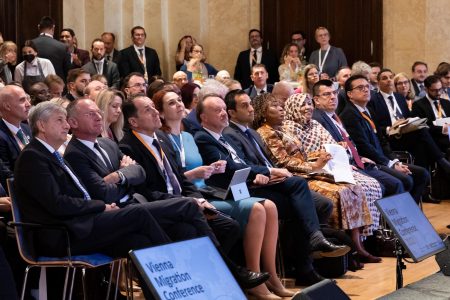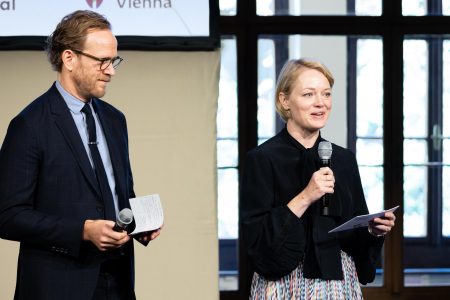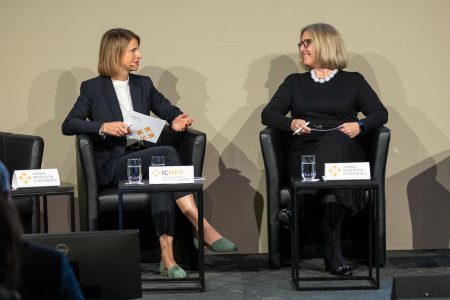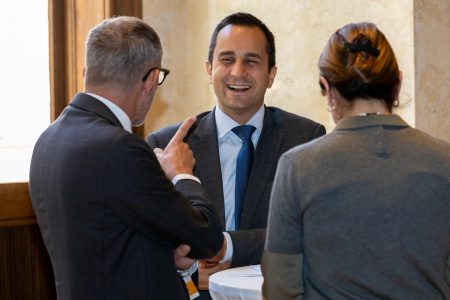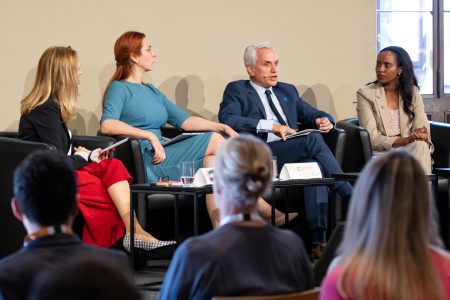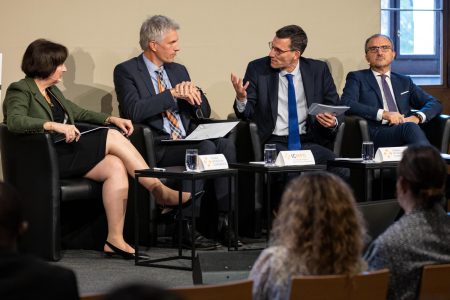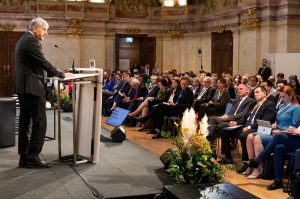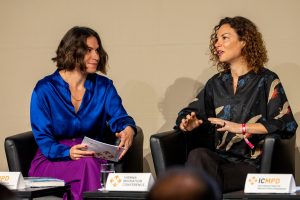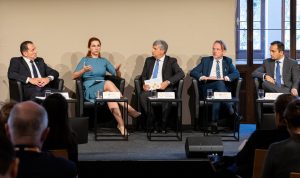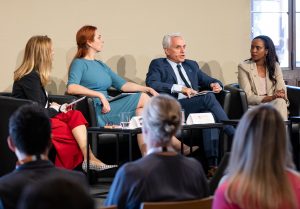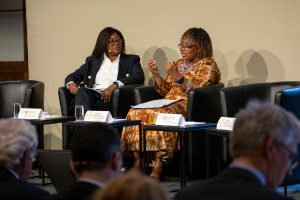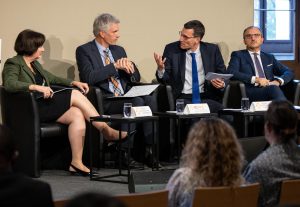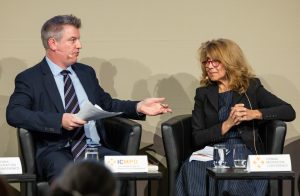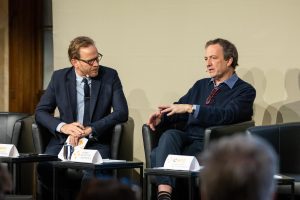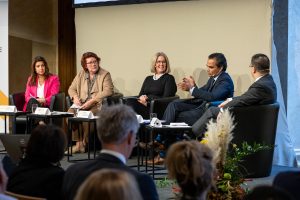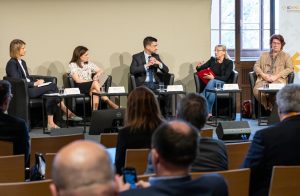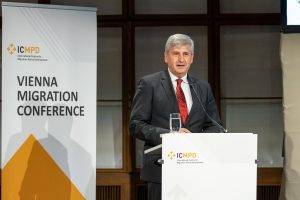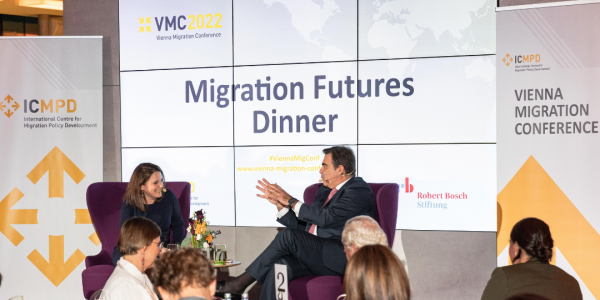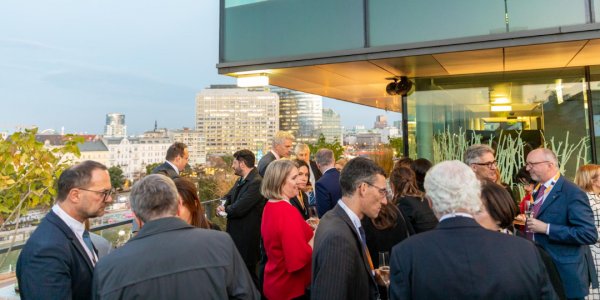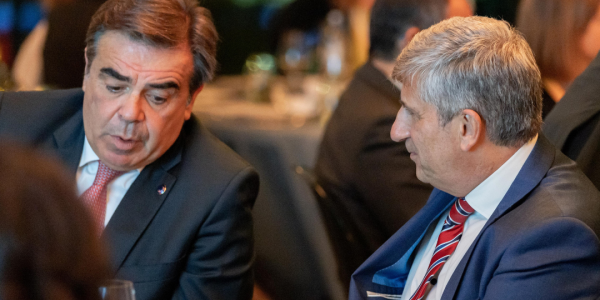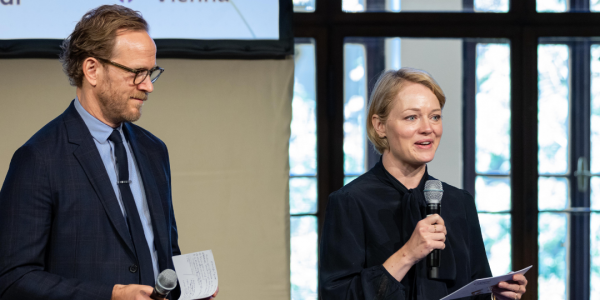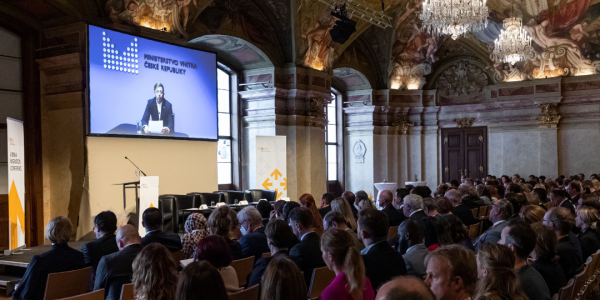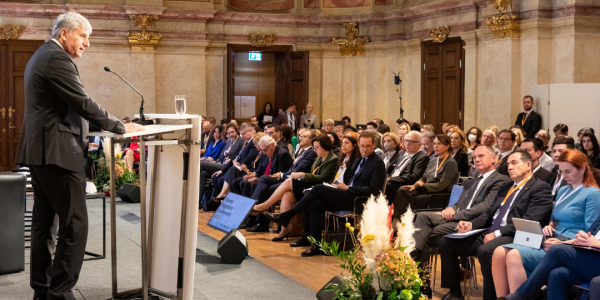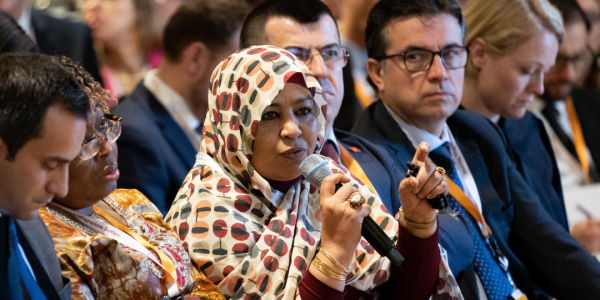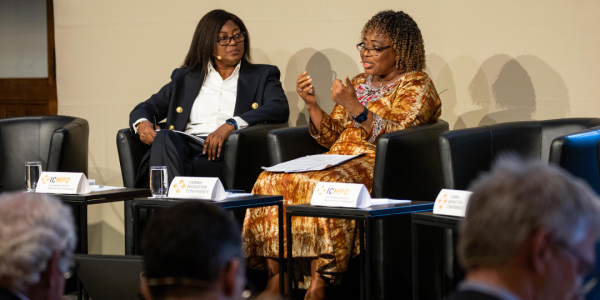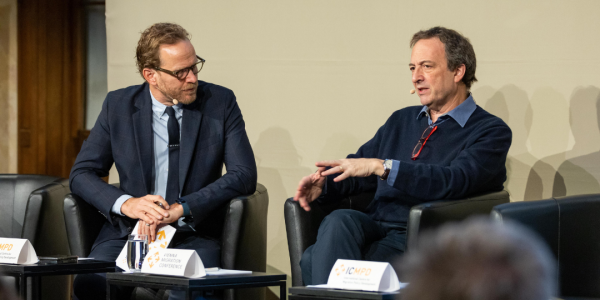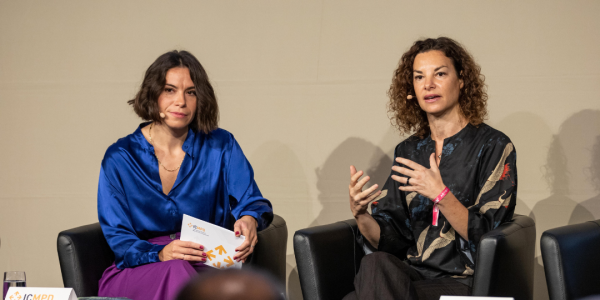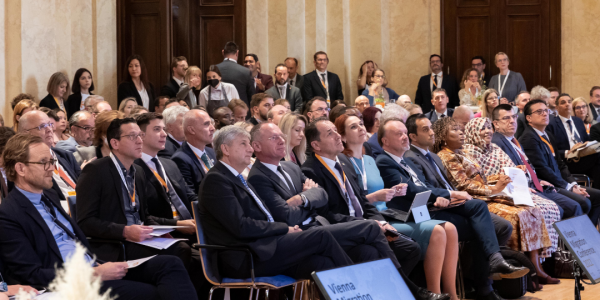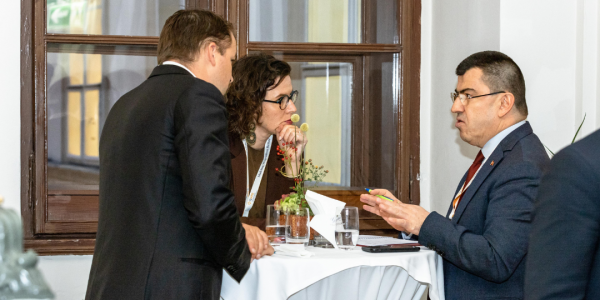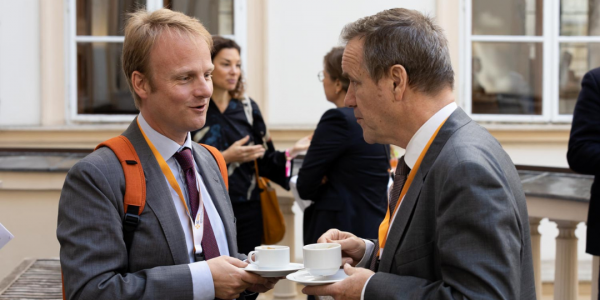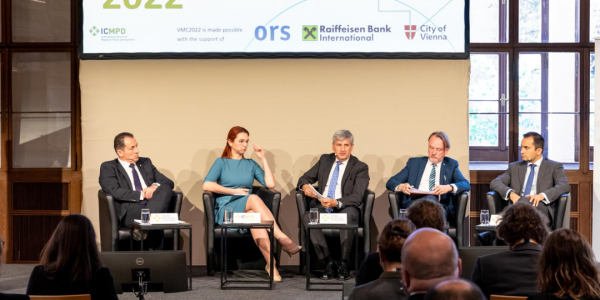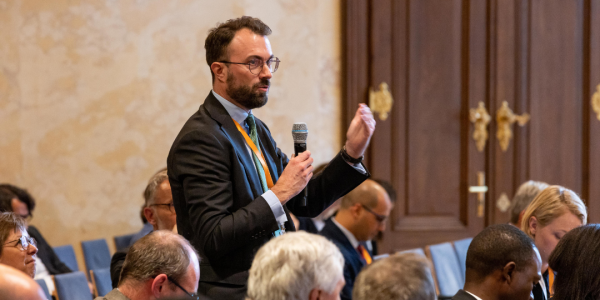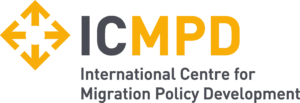Past editions – VMC2022
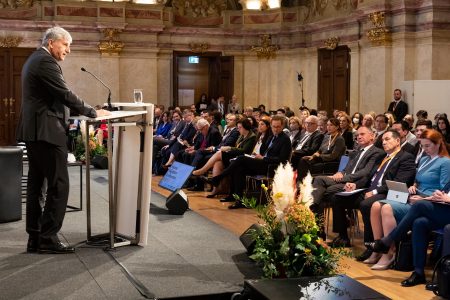
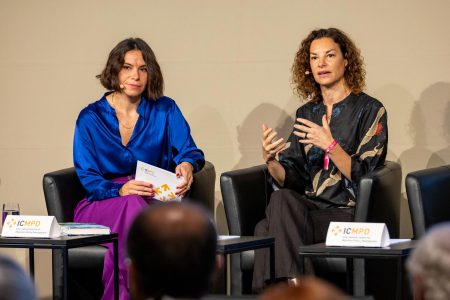
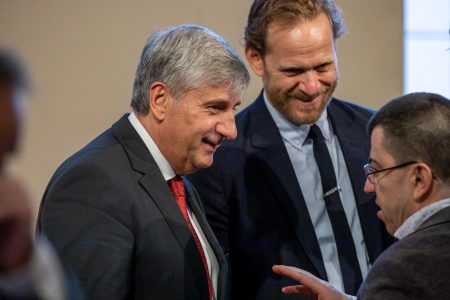
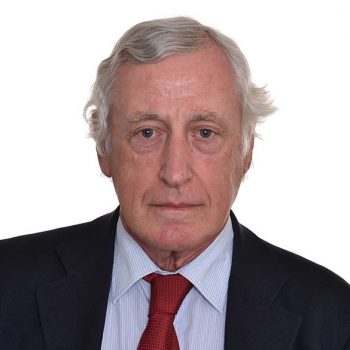
Pierre Vimont, Carnegie Europe
“We are looking for external partnership without really trying to understand and analyse the migration dynamics in different countries and the root causes.”
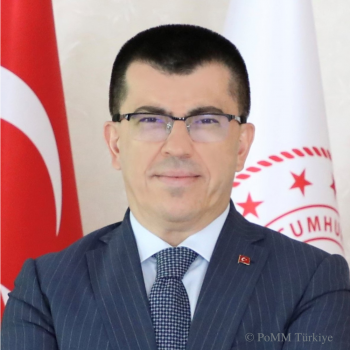
Savaş Ünlü, Türkiye
“Though there are many crises in different parts of the world, it doesn’t mean that migration management must be only reactive. We can still develop and implement proactive migration management policies both inside our country and jointly through regional and global perspectives.”
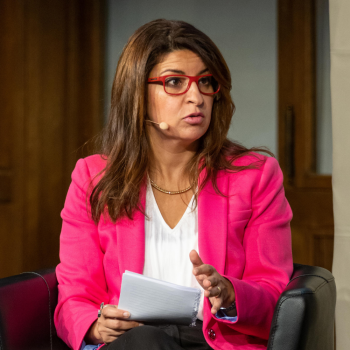
Neveen El-Husseiny, Egypt
“If host countries are not supported, then the vulnerability of migrants and refugees will increase. Secondary movements will follow and we could see more disasters in the Mediterranean and other places.”
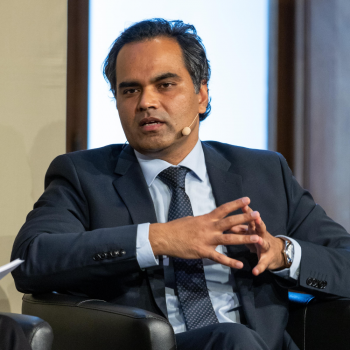
Amir Saeed, Pakistan
“There may come a time when it is not conflict that leads to mass displacement but rather climate change. We have this crisis staring us in the face in Pakistan.”
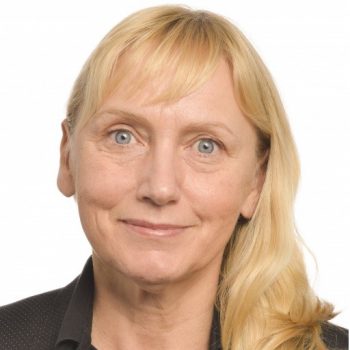
Elena Yoncheva, EP
“It is critical that this discussion on migration reform not turn into a battlefield targeted at politicising every single domestic or external dimension of migration.”
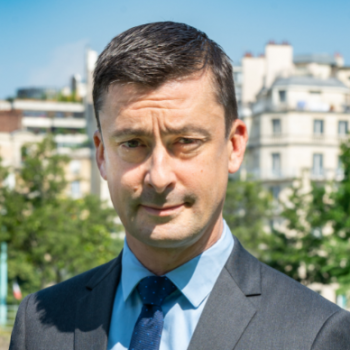
Jean Mafart, France
“If the choice is between everything and nothing, then the outcome will be nothing. The gradual approach we took to migration reform was directed at pragmatically achieving progress without dismantling the entire package.”

Misha Glenny, IWM
“While the war is inflicting devastating consequences, it is also strengthening Ukrainian national identity in ways Putin didn’t intend.”

Gaia Vince, UCL
“Climate is the fabric on which we live and build our lives. When that is dramatically altered, everything changes.”
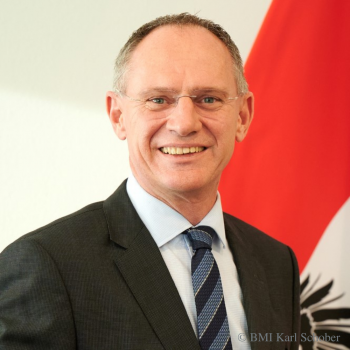
Gerhard Karner, Austria
“It is important that people find protection as close as possible to their home without having to cross continents and risk their own lives.”

Suzanne Lynch, Politico
“Like everything in the EU, the story on migration reform is really about politics. You can hide behind the technicalities and the policy, which are very important, but there are always different governments coming and going and different leaders shaping the way policy is formed.”
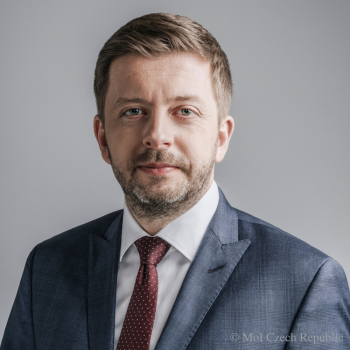
Vít Rakušan, Czechia
“Russia’s unprovoked attack on Ukraine has not only led to the largest displacement crisis since the Second World War in Europe but also created massive secondary impacts on food, energy, and insecurity that will affect migration over the long term.”
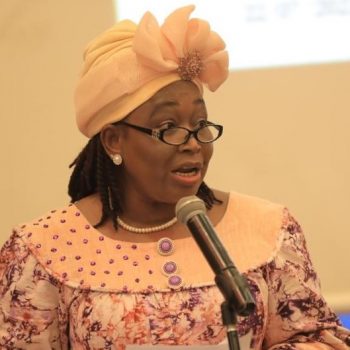
Minata Samate Cessouma, AUC
“There is a need to promote equitable responsibility and burden sharing in international protection. Strengthening continent-to-continent cooperation will be essential to enabling us to work together on key priorities.”
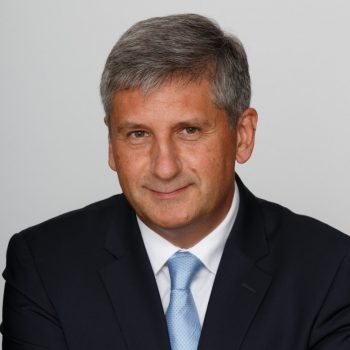
Michael Spindelegger, ICMPD
“Our world faces numerous crises that are interacting with increasing velocity.”
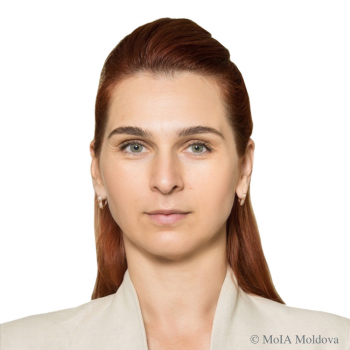
Ana Revenco, Moldova
“In a world of multiple over-lapping crises, we can no longer merely work in vertical silos. We need to work in mixed teams. Synchronization should also extend beyond the borders of just one state.”
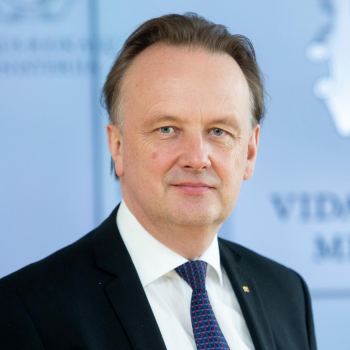
Arnoldas Abramavičius, Lithuania
“We do need to find a good balance between security and solidarity. It hasn’t happened yet, but we’re heading in that direction.”
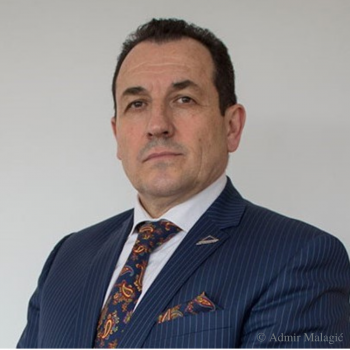
Selmo Cikotić, Bosnia and Herzegovina
“We don’t need to disseminate an atmosphere of fear connected to migration. We should rather focus on our capabilities and our capacity to effectively control, manage, and govern migration for the benefit of our citizens, countries, regions, and those who elect to come and stay or pass through our territories.”
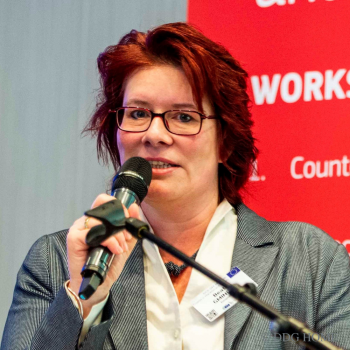
Beate Gminder, DG HOME
“No size fits all – we need to work in partnership. We need to develop the best toolbox possible for every country and region. We are willing to continue this work with every region around the world in a constructive and comprehensive spirit.”
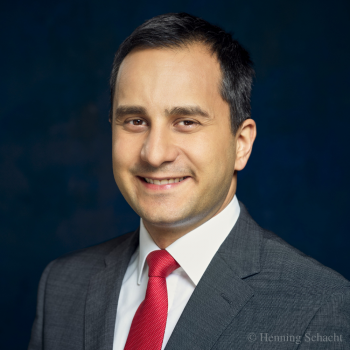
Mahmut Özdemir, Germany
“We need an immigration approach that balances security, freedom, and dignity. We need to fight crime through border controls. But we also need to ensure people have chances. That’s a European idea.”

Jeanne Celestine, One Million Orphans
“Instead of referring to people as victims, we need to call them survivors. Give them a voice, listen to their stories, and empower them. As I share my life experience, it has really shed away a lot of the pain that we experienced. We’re survivors and not victims. We’re resilient.”
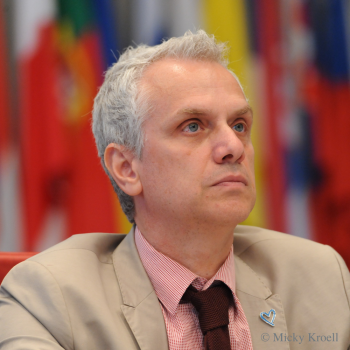
Ilias Chatzis, UNODC
“It’s amazing how sometimes simple things in cooperation between countries are missing, despite all the resources we put, despite all the efforts we make.”
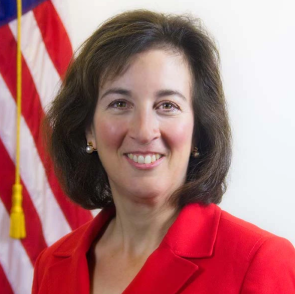
Marta Youth, United States
“Migration is not a topic where one country can develop its own policy without working with all other countries in the region… The whole idea of this comprehensive approach is that we all work together.”
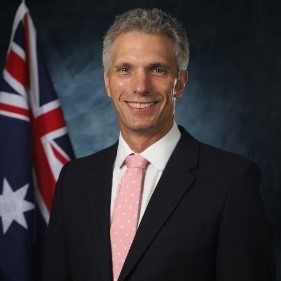
Andrew Rose, Australia
“Displaced individuals should not have to choose between their vulnerability and their talent. There is a need to open up opportunities for these individuals to give them greater agency and allow them to create their own futures.”
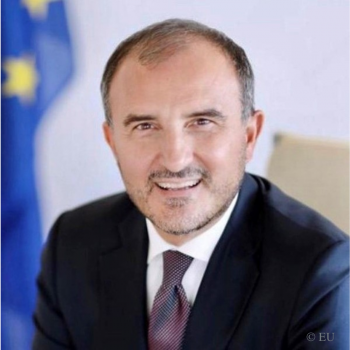
Luigi Soreca, EEAS
“Team Europe on the ground is not a concept, it is a necessity. You cannot achieve results without the Member States being on board.”

Kelly M. Greenhill, Tufts University
“We continue to forget the lessons of past crises and, therefore, cripple ourselves in terms of combatting or deterring future crises.”
Highlights
The conference in numbers







